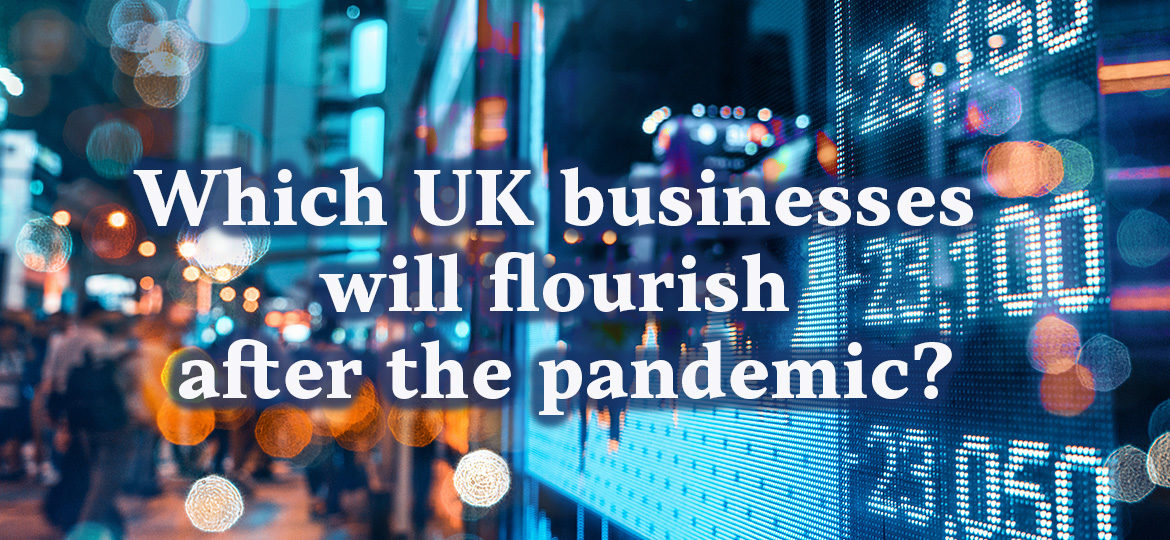
The Monthly Business Survey (MBS) by the Office for National Statistics (ONS) gives insight to data, including comments from over 15,000 businesses. It confirmed that the coronavirus pandemic continues to have a significant negative impact on output. But some sectors are less affected than the others.
Services comprise 79.6% of the UK economy, while production (including manufacturing) and construction comprise 13.6% and 6.1% respectively.
Wholesale retail showed the most growth since the recovery started. Wholesale, retail and service of motor vehicles had the most significant increase of 136.1%, but this remained 85.2% below its February 2020 level. Services industries that with retail activity had a boost in May 2020, mainly from online sales. These included freight transport by road, warehousing, and postal- and courier-related activities. Besides, other industries with non-market elements also saw some small growths in May.
All industries in professional, scientific and technical activities declined in May 2020, except for veterinary activities. This industry increased by 30.9% despite remaining 20% below the level in February 2020.
Between 15 and 28 June 2020, 90% of businesses in accommodation and food services reported increased operating costs because of the implementation of safety measures, according to the latest Business Impact of Coronavirus (COVID-19) Survey (BICS).
Construction, entertainment and food services among most pessimistic sectors, says ONS.
Some businesses will flourish and gain momentum despite the grave picture for most of the traditional industries. Among happy sectors are programming and cybersecurity, online gaming, virtual meetings, and home delivery. The new kind of fitness is online fitness which features guided remote education, and it grows. Unsurprisingly home delivery services such as Amazon benefited from the pandemic. As most people stay at home, online orders were the only way to shop for non-essential items, and shares of the global marketplace have gone through the roof. Online shoppers spend around $11,000 (£9,000) per second on the site according to newspaper The Guardian, and the money spent now will likely help the international delivery giant expand even further.


